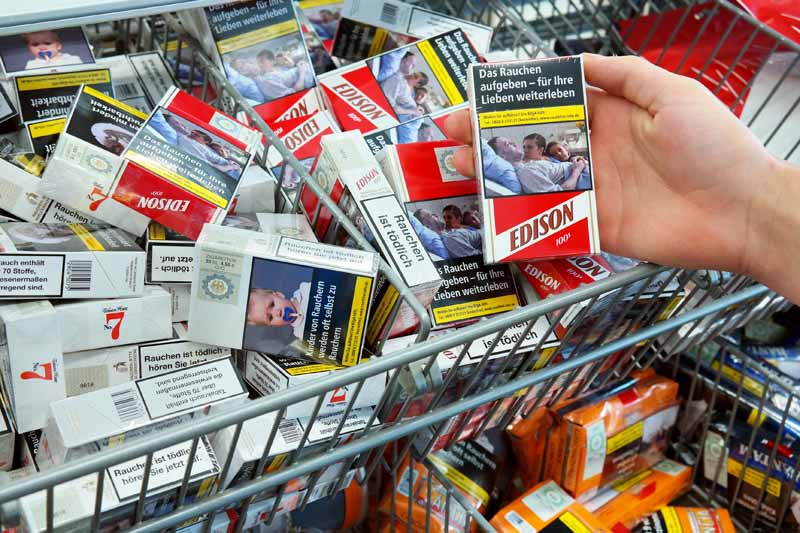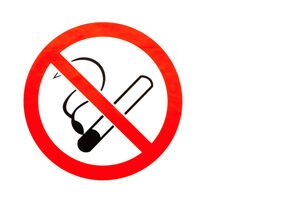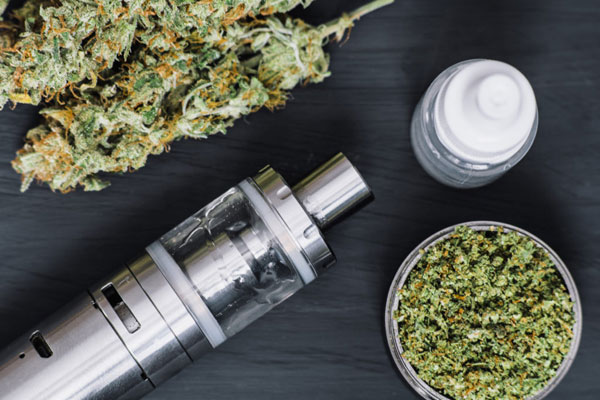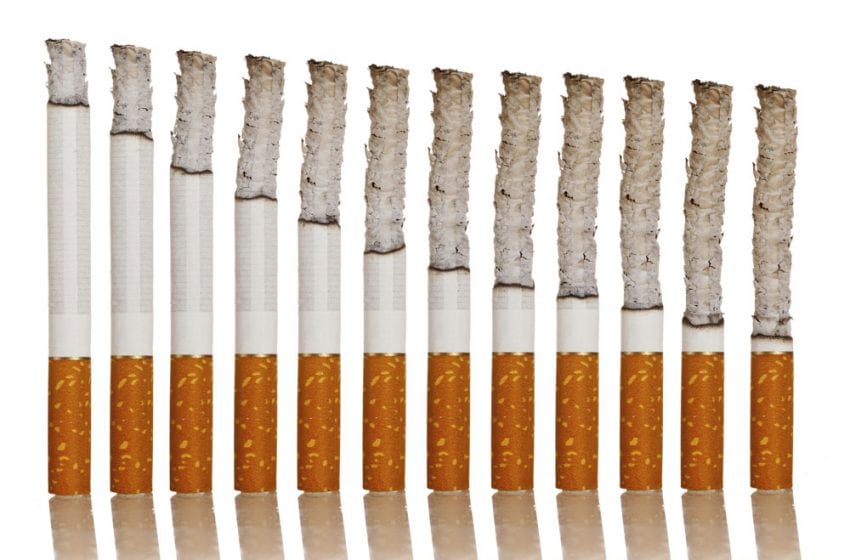Children from deprived areas are six times more likely to be exposed to tobacco retailers than children from less deprived areas, reports Edinburgh Live, citing a study conducted by the University of Edinburgh and the University of Glasgow in Scotland.
Researchers used GPS trackers to follow a sample group of approximately 700 children aged 10 and 11 across the country to study their exposure to tobacco. They found that children from the most deprived areas were exposed to tobacco retailing (coming within 10 meters of a shop selling tobacco) around 149 times per week—higher than the 23 times that those from the least deprived areas were exposed to tobacco retailing.
“If you live in a deprived area, you are three times more likely to die from lung cancer in Scotland,” said Joseph Carter of the British Lung Foundation. “Clearly tobacco availability is playing a significant role in driving the stark inequality in deaths from smoking-related lung disease. We simply can’t accept a situation where children living in the most deprived areas should be exposed to these harmful products.”










